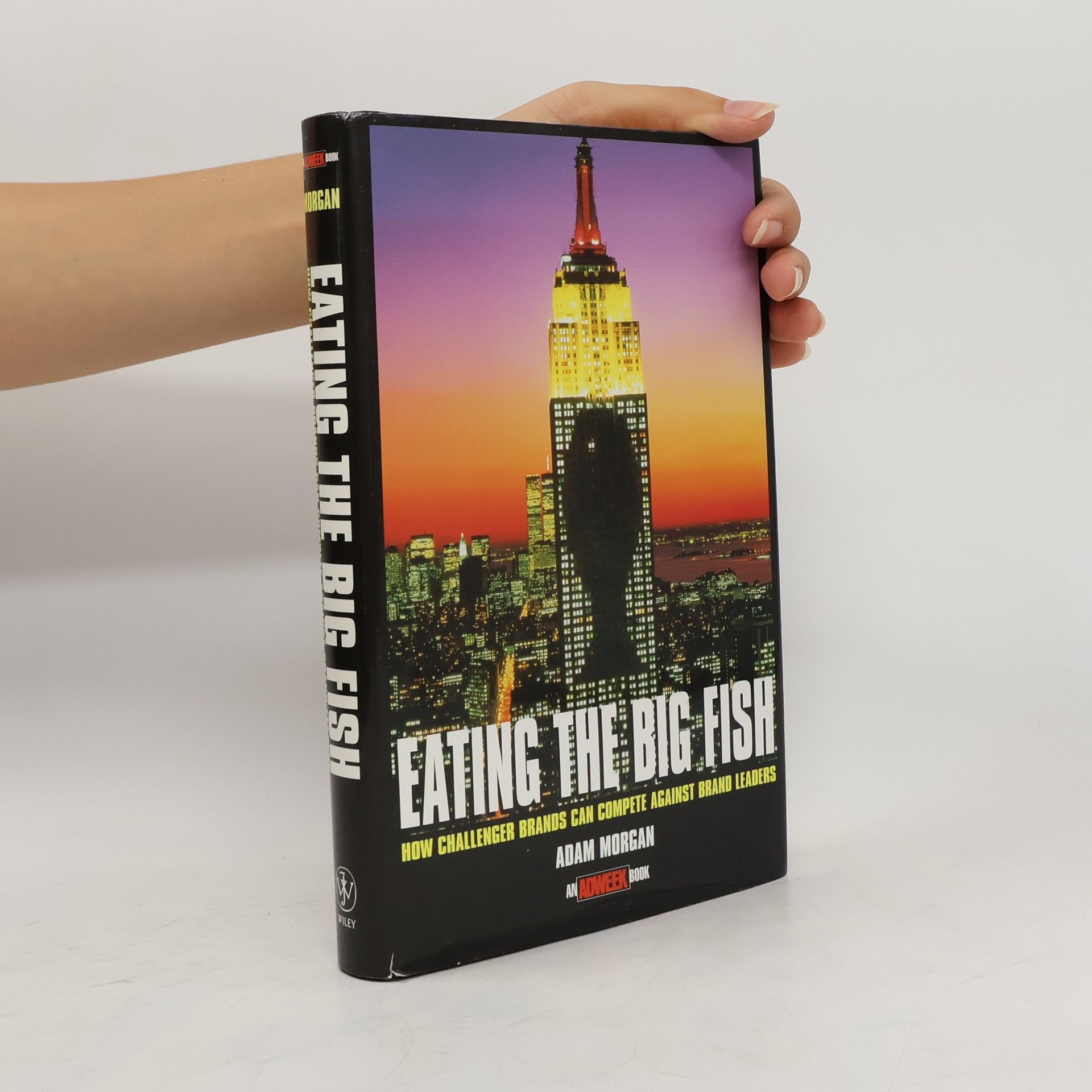Eating the big fish: How challenger brands can compete against brand leaders
Authors
More about the book
"Eating the Big Fish is on fire with ideas. Best in the marketplace." -Steve Hayden, President, Worldwide Brand Services, Ogilvy & Mather "In 1986,
Publication
Condition
- As newSold out
- Good€3.88
- DamagedSold out
Book purchase
- Availability
- In stock
- Price
- €3.88



